Hajiya Barmani Sa’adatu Ahmad Choge, popularly called Barmani Choge, is a popular northern Nigerian musician, majorly known for her rather blunt lyrics is with almost no doubt the most popular Female Hausa musician of modern times before her death in 2013. While some Barmani as one who had the interest of women and society at heart, to others, Barmani Choge is considered to be an obscenely vulgar woman who promoted foreign concepts to the Arewa way of life. Whatever one’s perception of her, it can’t be overlooked that she was indeed an interesting personality who hailed from Northern Nigeria. Along with Mamman Shata, Barmani has influenced Hausa music perhaps more than anyone in the 20th Century.
Birth and Early Life
Born Sa’adatu to the family of Mallam Aliyu in 1945, in a little village called Gwaigwayi, located in present-day Funtua of Katsina state. Barmani’s father was a preacher and teacher of the Islamic faith, and thus, made Barmani undergo the foundational studies of Islam to a certain level of comprehension.
As a child, Barmani used to partake in the play done by the children in front of house porches called dandali, where she possibly discovered her early love for music and performing.
Barmani got married at the age of 15 to Alhaji Aliyu, who was also very much into music, but was more of an instrumentalist, playing alongside his father the instrument known as garaya (a locally made guitar). Alhaji Aliyu also fueled the musicality of Barmani, encouraging her to sing and perform her music. She bore him 12 children through their stay together, until his death in 1991. Barmani Choge later remarried in 1995 to Alhaji Bello Kansila, unfortunately, the marriage only lasted a year.
After her divorce from Alhaji Bello Kansila, Barmani Choge never remarried as she only became engulfed with taking care of her children and her musical career and performances.
Barmani Choge Songs
Barmani started her music career as a backup singer for other local musicians when she was 27 years old. It was not until 1973 when she was 31 years old did she decide to go solo, after realizing she was good at it. Over the course of her career, Barmani Choge is said to have sung over a hundred original singles, mostly created on the spot. Her topics mostly revolved around topics related to marriage, marital relationships, intimate female problems, life, wealth and everyday problems.
She usually performs her music at weddings and ceremonies that are mostly female-dominated, as most of her lyrical content were more relatable to them. The songs are danced to the tune of Kidan Kwarya (Calabash tune).
List of Some of Barmani Choge’s Songs
Amongst her most common songs includes; wakar Kishiya, Sama ruwa kasa ruwa, Azaga Zogala, wakar duwaiwai, Allah kabamu Nairori, ku kama sana’a mata, sakarai bata da wayo and many others. These were songs that were popular and are still the most sort after songs of Barmani Choge.
Wakar duwaiwai (Song of the bottom) is said to be the song that made her popular within the womenfolk.
Her Influence and Legacy
It is no news that through her musical career, Barmani Choge has influenced women to act in ways not common to the northern woman, as well as coerced more women into joining music and becoming musicians, despite the religious connotations of it not being legal, and the cultural and religious stigma of the waywardness of female musicians.
When Did Barmani Choge Died?
Barmani Choge fell ill after her last performance in Kaduna state on the 15th of December 2012. This led to her timely death on 2nd March 2013 in Funtua.
She is survived by children and grandchildren.
Controversy Surrouding Barmani Choge and Her Songs
Barmani Choge was quite the controversial figure, as from time to time she prompted women to take charge of their lives, as well as take up their rightful position in this world in which men dominated. This didn’t sit well with a lot of Islamic scholars as they believed she was opening the path for destruction. Other times, she is believed to be promoting immorality as was depicted in her song wakar duwaiwai.
Wakar kishiya, (Song of the co-wife) despite originally not being hers, got its popularity from when she sang it, giving a new life to it. The song was said to be going against some of the teachings of Islam, thus making her songs red-flagged by scholars and cautioning people against it, especially women.
Whatever one thinks about Barmani Choge and her songs, one can’t deny her immense contribution to Hausa literature and the language in general.

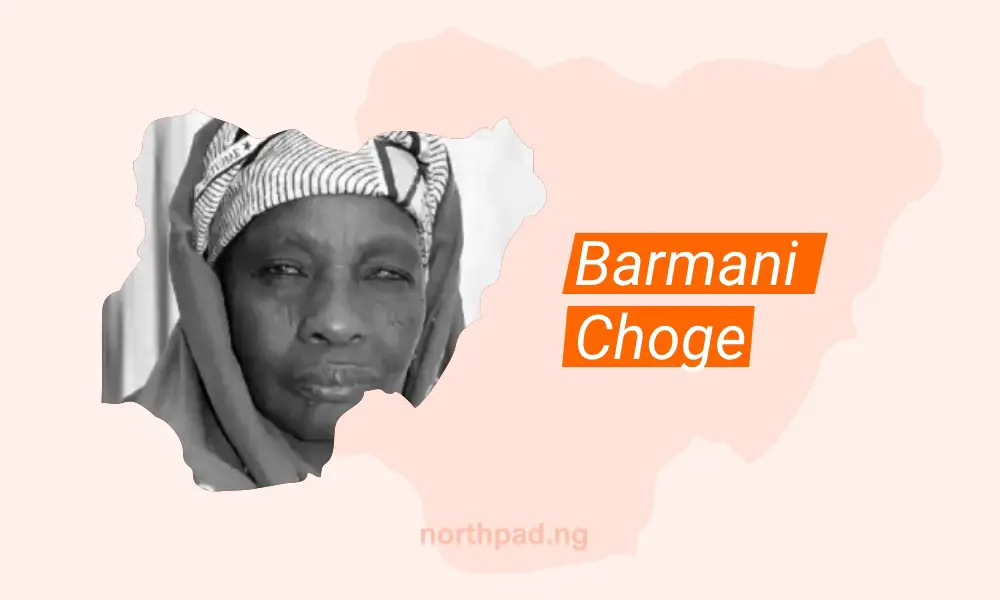

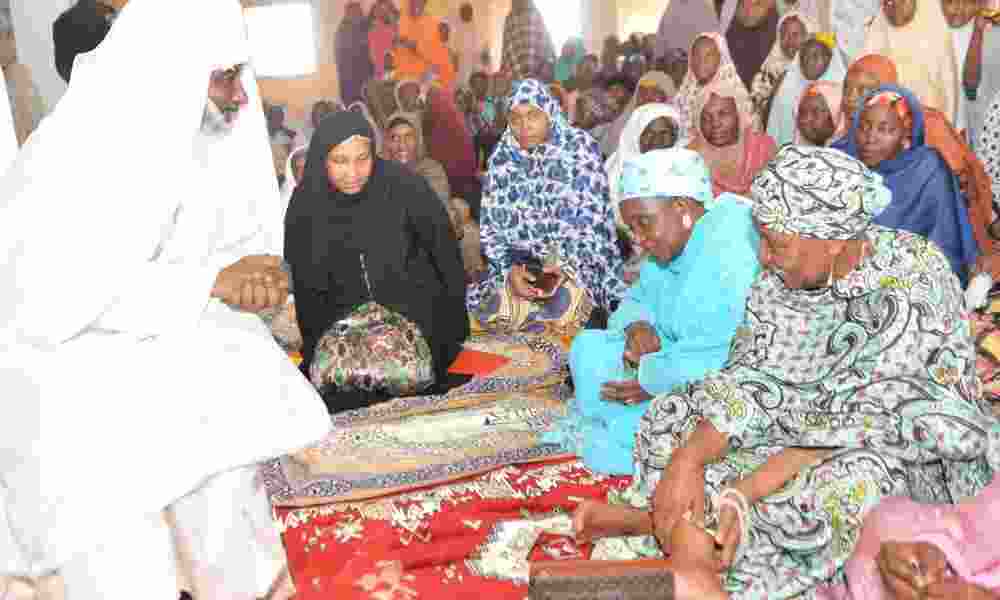
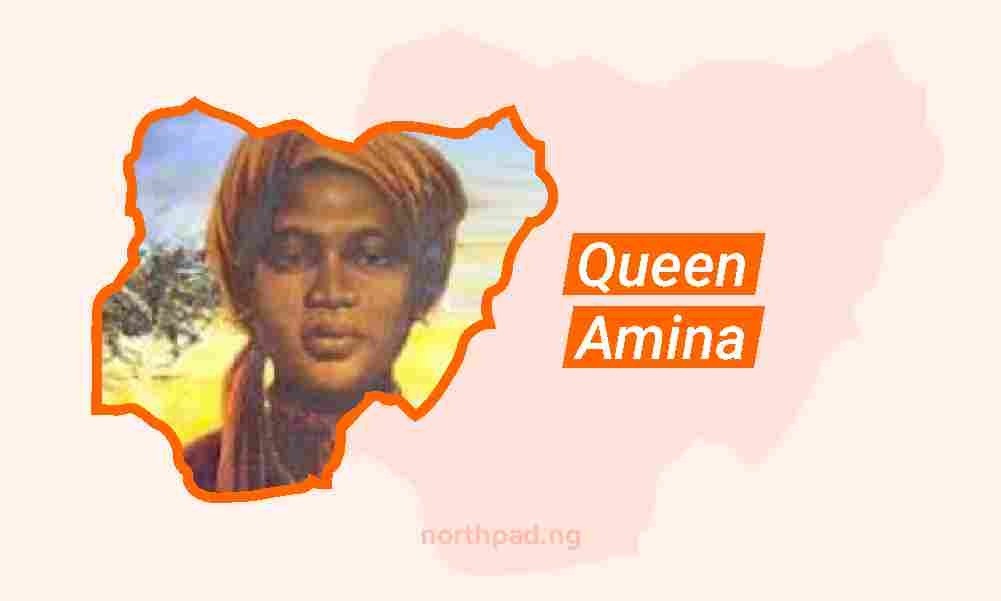

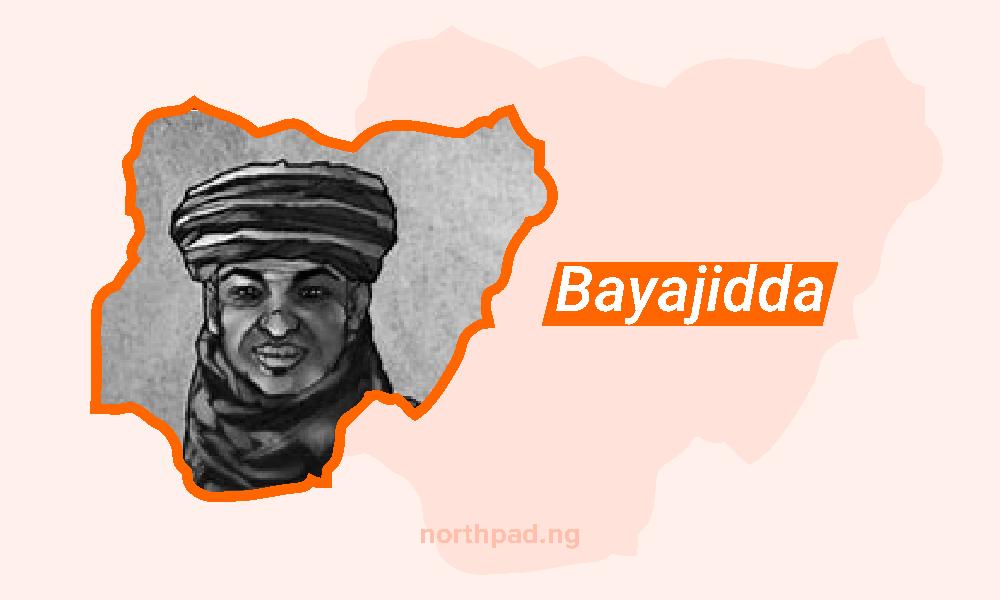
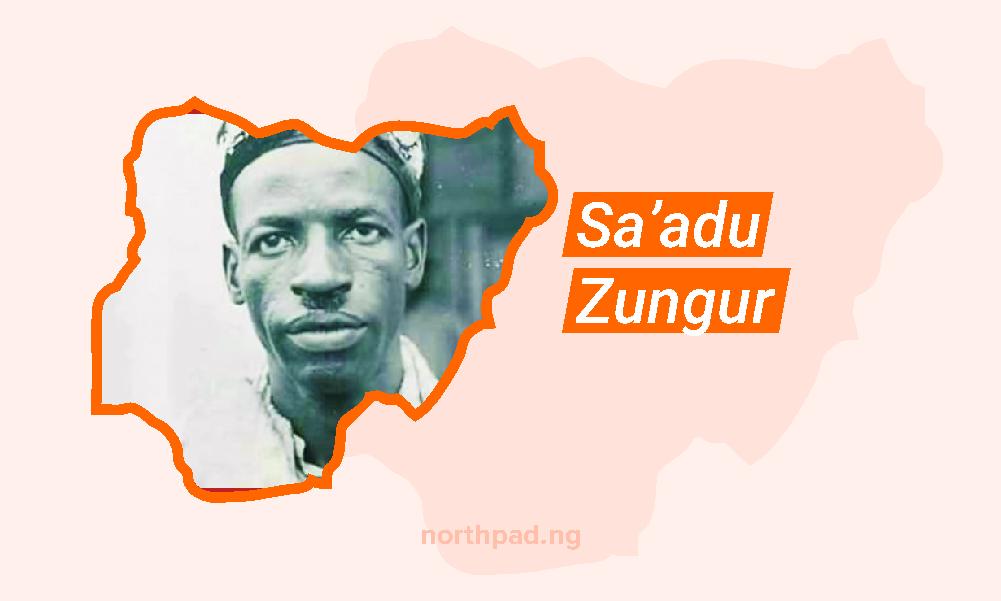

0 Comments